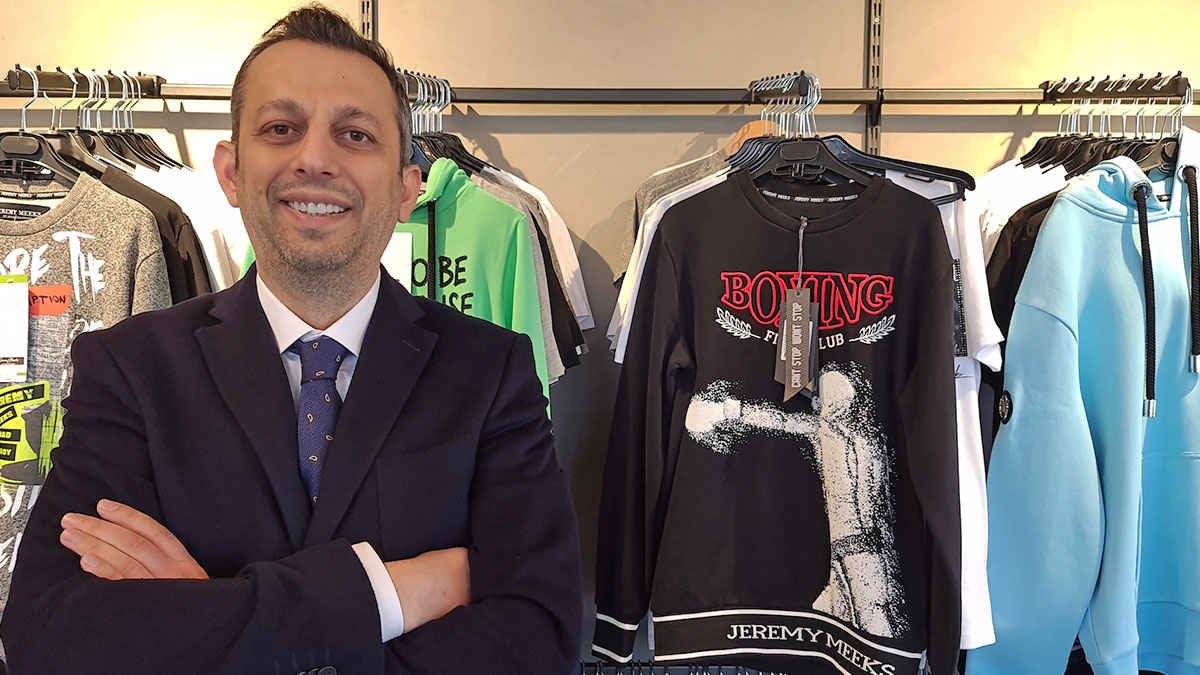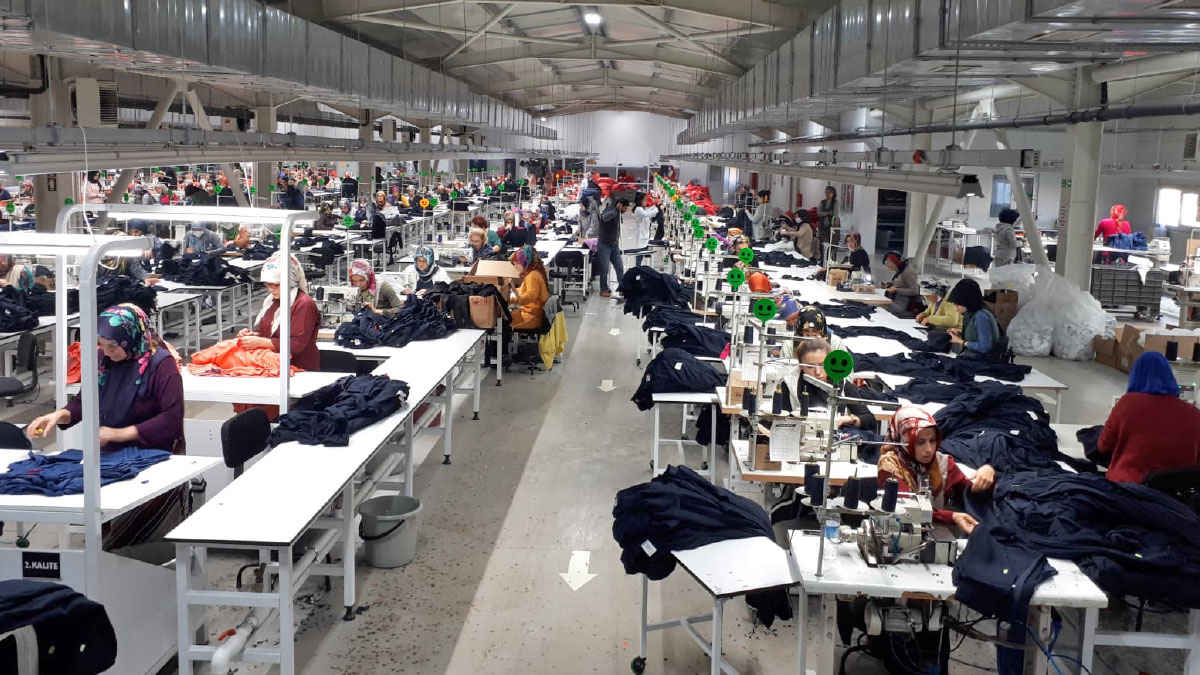Transformation signals are coming in the fast fashion and seasonal product concept that has influenced the whole world for the last 10-15 years. Particularly, what happened during the Covid-19 pandemic prompted both consumers and producers to rethink. While the uncertainty about the future of the sector continues due to the outbreak, brands having a voice in the sector are trying to draw a new road map with some inferences and forecasts. Fahri Şahin, Vice Chairman of the Board of Bordo Group, one of the leading brands in the textile industry, evaluated the latest situation of the garment industry and forecasts about the sector in the “new normal” period that started after the coronavirus (Covid-19) pandemic.
Saying “A very serious paradigm shift towards sustainable fashion in the ready-to-wear industry is expected”, Şahin continued his words as follows; “Now it is seen that fast fashion and fast consumption have come to an end. We will witness more environmentally sensitive, human-oriented and nature-conscious production processes”. Emphasizing that the paradigm shift in the industry started to show itself before the pandemic, Şahin stated that the pandemic accelerated this process.
Natural fibres and sustainable production stand out
Expressing that a return to natural fibres is expected, Fahri Şahin emphasized that environmentalist and humanitarian approaches stand out in the production stages. Stating that issues such as social compliance management in working conditions in the sector have also started to come front in the agenda, Şahin argued that quality products and natural products will be preferred instead of cheap products. Noting that these developments will change consumption habits in ready-to-wear clothing, Şahin said;
“So we can witness the process of returning to our ancient tradition. For example; if a person buys 10 products at affordable prices; he will now buy 2 quality but environmentally friendly and healthy products instead. As these will also bring cost; they will be a little more timeless (long-lasting) and classic products rather than fast-going products. Safe colours, safe patterns, safe graphics will come to the fore. However, this niche will take place in the higher segment of the market. Perhaps due to the influence of the purchasing power, fast mode may continue; but there is a return to nature and transformable fashion theme in general”.
Şahin stated that after the virus, the supply chain in the world is moving towards “managing risk instead of low cost”. Saying that there will be more orientation to local resources, Şahin explained the effects of this as follows; “For example, instead of merely getting fibres from China; local staple fibres from Turkey will be preferred, local workers will be employed, other possibilities will be considered local. In other words, many brands in the sector will turn to local resources and will produce under local conditions. This situation will bring two things together. The first will increase the quality and the second will naturally increase the costs. Thus, people’s fast consumption habits will decrease. So they will dress longer, not seasonal. This means that we will return to our old habits in our culture”.
Customers order more organic and recyclable fabrics
Fahri Şahin also gave information about new orders received by the Bordo Group. Şahin announced that the world-renowned textile companies they serve recently started to order more organic and recyclable fabrics rather than normal fabrics. Stating that the demand for antibacterial products has increased, Şahin said; “There is a trend towards sustainable and transformable fashion as a whole. Turkey has an important position in this field. We have the capacity and quality to meet new demands with regard to textile products such as; organic, antibacterial, no-sweat and non-flammable”.

Saying that the fashion sector is in the middle of a rapid transformation; Şahin stated that the business habits in the sector are experiencing a rapid transformation as well. Şahin pointed out that with the change of customer preferences, the demands, design and business processes of big and small brands have also changed. Disclosing that e-commerce and e-export are more spoken in the ready-to-wear and fashion sector, Şahin; “When we consider all these, we should be able to evaluate the opportunities that arise for us. Both industry and state authorities have their duties. If we stay behind change and transformation; we face the risk of losing our strength in the industry to other countries”.


